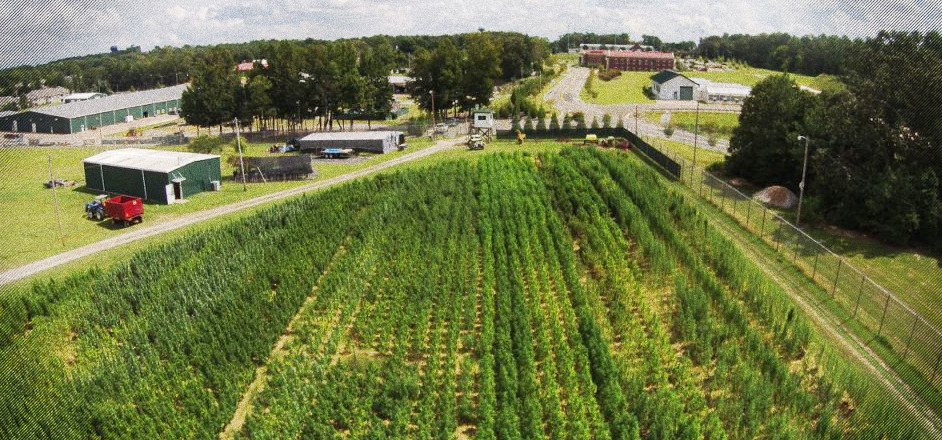The Drug Enforcement Administration — who have incinerated, napalmed and chopped up acres of primo weed — plans to grow more pot than ever next year.
The agency announced plans for a bumper crop of bud in 2020, growing about three tons of marijuana — about a third more than this year. That's about about three child-sized bedrooms' filled with weed.
Why so much? Research in marijuana is booming.
"It will meet the need created by the increase in the amount of approved research involving marijuana," the DEA said in a press release.
In the last couple years, 40 percent more people have been allowed by the DEA to research marijuana; it's now up to 542.
Yes, after years of blocking the spread of chronic knowledge, the DEA is responding to pressure from scientists and policy people who want real investigations into one of America's most popular drugs.
Attorney general William Barr said the DEA wants to "improve research opportunities wherever we can.” And DEA Acting Administrator Uttam Dhillon said in a press release, “We support additional research into marijuana."
And that's a good thing. For the past 40 years, the way the federal government has made scientists investigate cannabis has been bananas. Dispensary weed can't be used — because every pot shop is federally illegal. No, the government grows all research weed at the University of Mississippi. The Mississippi weed turns out to be low-grade swag — according to researchers at the University of Colorado Boulder, a school that knows weed better than Mississippi. Government weed, for example, is only 5 or 8 percent THC, compared to 15 to 20 in pot stores. And so when the researchers publish papers about, say, whether weed cures cancer or damages kids' brains, the research is automatically off.
The DEA pledged last month to change the growing situation, to allowing new grow sites, not just Mississippi, acknowledgeing “the need to move past the single grower system." Thirty-three new sites have applied.
One of the new grow sites might be in Denver. MedPharm Research, which develops new, more precise ways of delivering cannabis, was notified by the DEA that this company is in the running to become a federal grow site. CEO Albert Gutierrez said in a statement that the decision would let them "do the work that we really need to do for patients across the country. It is a real game-changer for the whole medical cannabis industry.”






Leave a Reply
You must be logged in to post a comment.